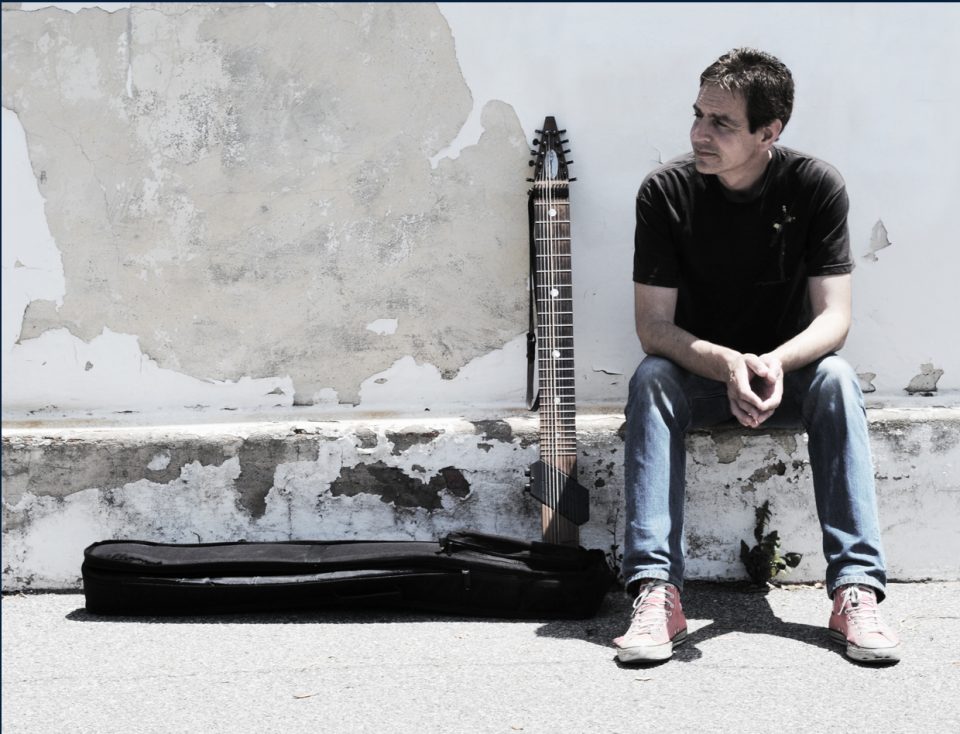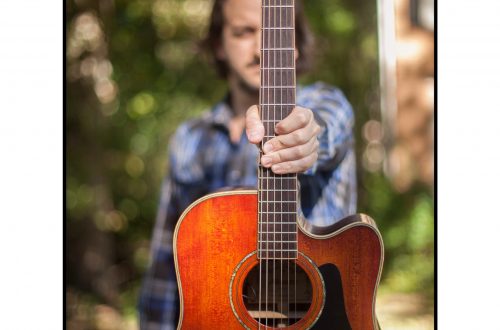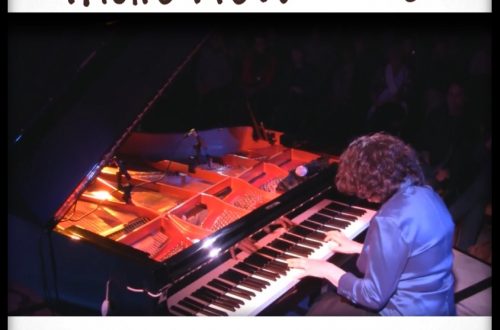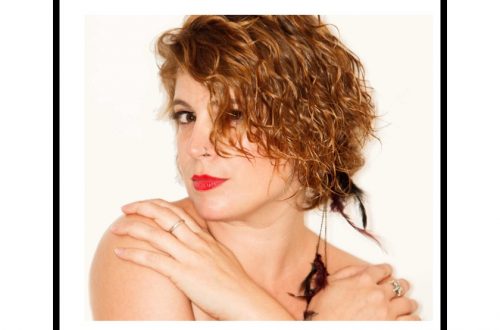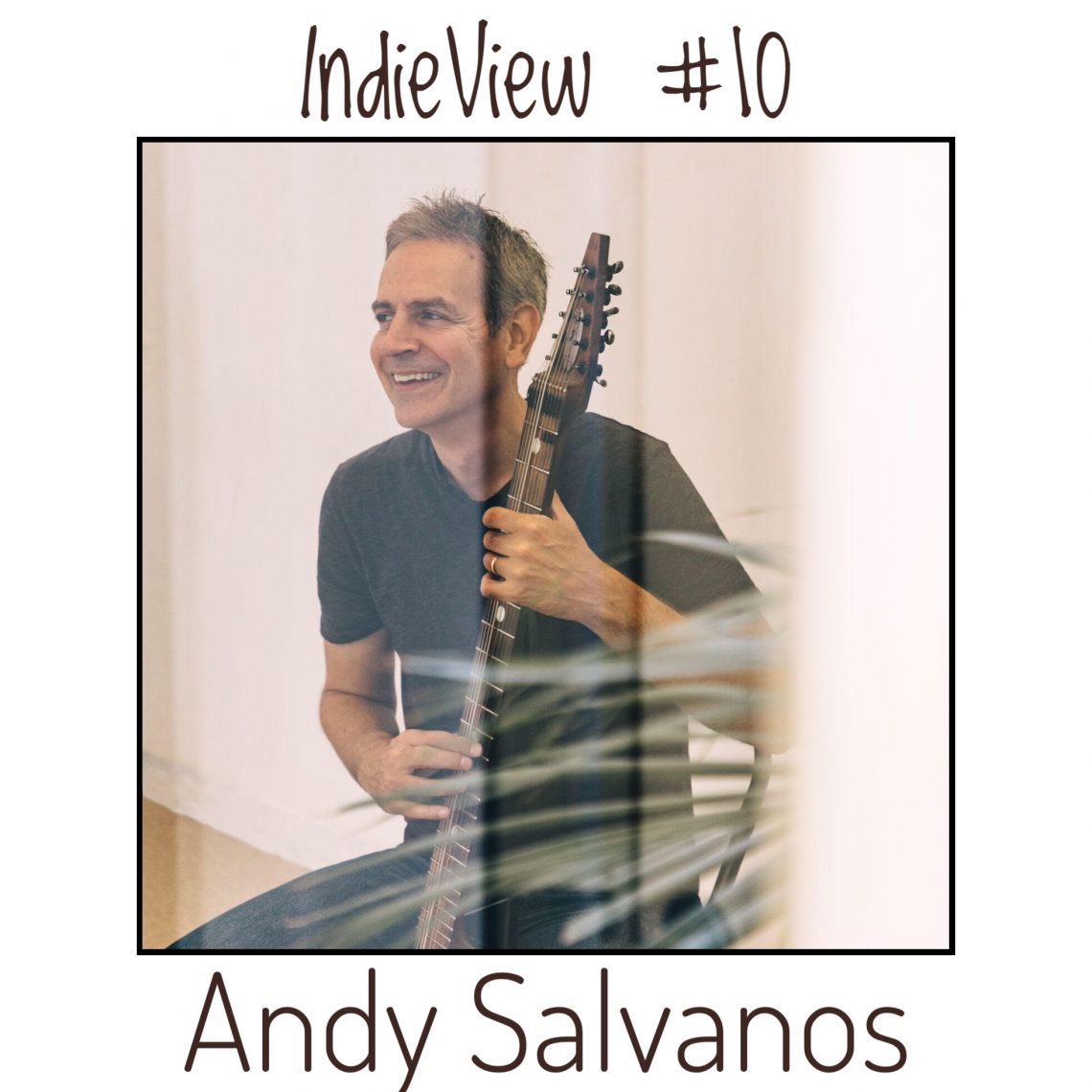
Andy Salvanos – IndieView #10
Today for the tenth IndieView of the IndieViews Series we are going to chat with a great, Composer, Chapman Stick Performer and Recording artist.
From city streets to stages and soundtracks, Andy Salvanos is internationally recognised for his unique voice on the Chapman Stick.
Born in Sweden with Greek-Russian-Irish heritage, Salvanos is a seasoned world traveller who spent a decade in Los Angeles as a session bassist, before settling in Australia. He is a respected solo performer at festivals and events and has contributed music to film soundtracks and collaborative projects.
Having released 7 solo albums since 2007, Andy’s music continues to evolve and find new listeners, showcasing an accessible, lyrical and often cinematic style which often defies categorisation.
Nominated for “Best Solo Instrumental Album 2009” , Just Plain Folks (USA) – 2nd place.
If we cast your mind back to when you were a kid and a teenager: what are your earliest musical memories?
Which was the first album you ever bought?
Which musicians do you particularly admire and which one do you think influenced your music?
Which is the best concert that you have been to?
What does music mean to you?
You play a beautiful instrument, the Chapman Stick. Tell us more about it:
Are you still in love with your profession as musician? How do you keep your enthusiasm always live?
When did you decide to be a full time musician?
I think it was an important part of my development actually.
How do you manage your music life with your “common” life? What is your typical day like?
I perform or do something relating to my work in music almost every day. At the moment I’m working very hard to build an audience online, more or less with a view to have a “retirement plan”. My work/life balance isn’t great, but part of the plan is to improve in that area. My wife and I were able to raise two beautiful kids, who are now surprisingly responsible young adults. I sometimes wish I could have given them more holidays and money, but in reality they had a very good life with many choices growing up.
“Highly original music…Salvanos is a virtuoso of the Chapman Stick” (Adelaide Festival Centre)
Tell us more about your latest works (album, live tour, new projects).
STUDIES
Are you self-taught or have you studied music? You think is important studying music to be a Pro?
I have studied music at a reasonably high level, but I actually believe that music is all about listening and playing. You don’t need to understand music in a theoretical sense to be a great musician, unless you need certain skills to work in particular professional situations. Great musicians have an open ear and an open mind more than anything else.
Did you keep on studying?
Speaking of culture, which is the last book that you read?
Bruce Cockburn’s autobiography “Rumours of Glory”.
While you are on the road did you find the time to improve your technical skills on your instrument? Do you think is it important?
Can you describe the process you go through when you are writing a song? What inspires you to write?
Album/Ep/Singles any favorite way to release your music? and why?
How do you plan an album production and his release?
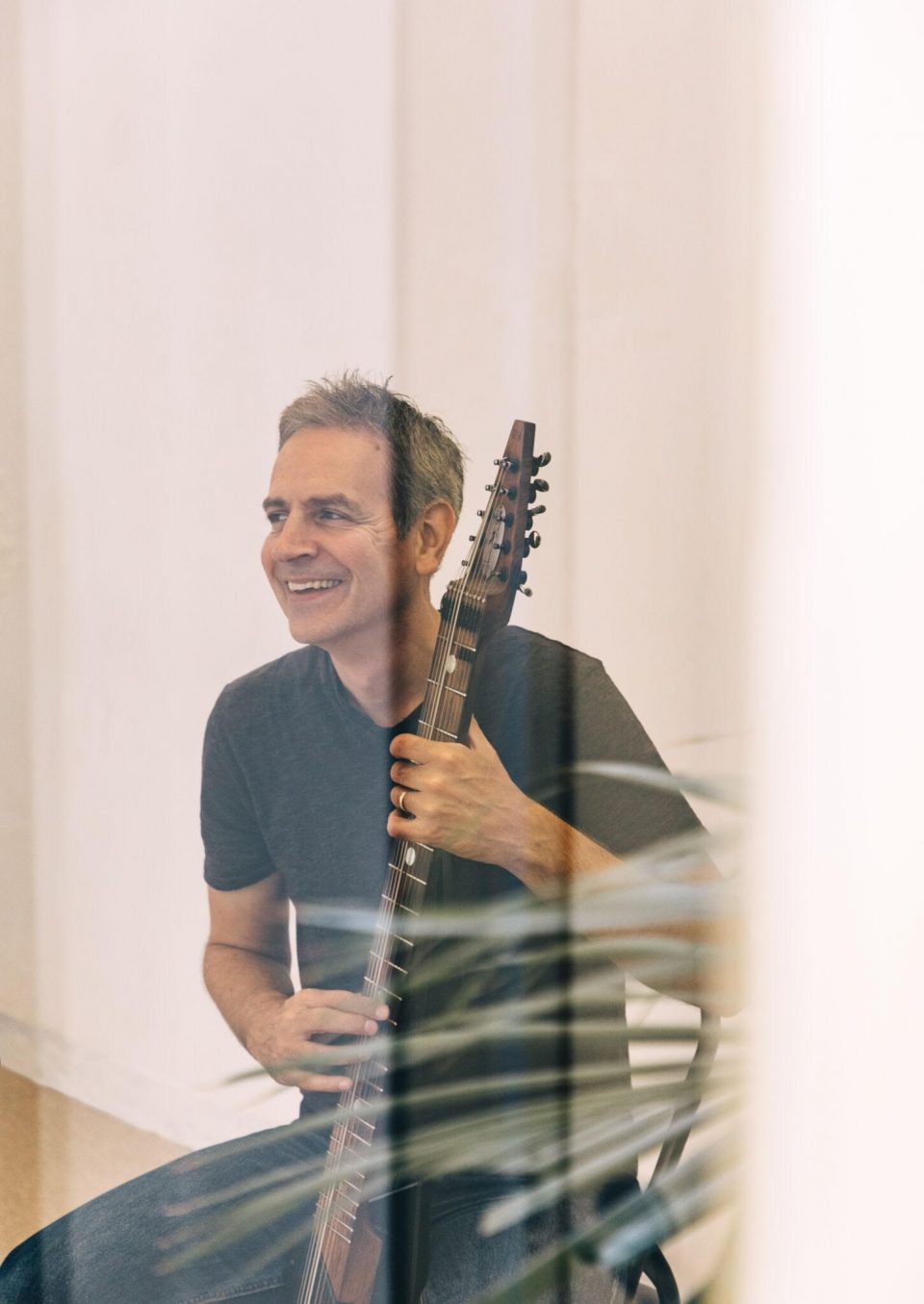
When you release an album how much is important for you the tracklist? And the time between the tracks?
Do you produce your records by yourself or do you prefer to have some extra ears or a producer to guide you?
Did you record your music in a rented professional studio, home studio or in any other way?
How did you choose the musicians for your album?
Did you mix and master your album/tracks in different ways for digital and physical releases?
Are your records only digital or also physically distributed?
What types of promotion and marketing have you found to work best for an independent artist?
There are some music industry analysts who argue that the CD is dying. What percentage of your sales are physical CDs and what percentage of your sales are in other forms (e.g. online)? Do you see that changing significantly in the future?
“Andy Salvanos. Your music reminds me of the sound of the world. Thank you for giving us the world to listen to, because sometimes people don’t take the time…” (John Francis Downey, Canada, album review).
How do you normally promote your latest releases? Do you use only social networks or also other ways?
Do you use Facebook/twitter/instagram sponsored post for promotion? You think could be they helpful?
Have you a mailing list? You think is a “must have” as most people in music business said?
Have you a favorite way to distribute your album?
Do you think that, with all the digital alternatives, radio airplay still has an effect on the success of a release? And how does an independent artist get radio airplay?
What do you think about streaming services like Spotify and Pandora?
Did you work with booking agencies or you manage your own gigs?
How do you promote a gig in a new town/country/region?
Organizing a tour could be really expensive especially if you travel with a band far away from your country, how do you manage everything to earn and don’t loose money?
Did you sell your physical CDs, Merchandising and other?
Somebody says that House Concert are the future of live music as many club are closing. What do you think about it? Have you organized any?
Do you have any suggestions for somebody who would host an house concert?
Every time you play your music you are giving a big part of you to your crowd, do you feel tension before a concert? If yes how do you manage it?
Which is the difference between a big audience or a small one?
Each of us has some expectations before a show, which are yours? What would you love to “have back” during a concert or what you already receive?
Have you a daily business routine? Checking/writing E-mail, phone calls, create new connections?
Which percentage of your time is dedicated to: “Creating Music”, “Promotion”, “Organizing gigs/tour”, “Studying”, “Reading”, “Listening Music”
Do you think that the Artist status is compatible with the entrepreneurship? Do you think that an Indie artist needs to be also an Entrepreneur?
As an artist, which are the biggest differences between being represented by a major label or being represented by yourself?
Which PRO (Performing Rights Organization) are you affiliated with and why did you choose that?
Did you use any other service to collect your royalties?
As a full-time musician, I immediately realized that I can’t only work as a musician and I should extend my expertise in different fields. So, I became a Sound Engineer, composer, producer too. Did you also develop different fields? Which one? What do you like and do not like about each one?
I teach a bit and obviously, write my own music, but mainly concentrate on performing. I used to teach a lot more, but it’s not something I enjoy as a job.
I understood that you are an old school musician, like me. But both of us are discovering more about the “new world” of streamings, playlisting etc. Can you tell us what do you think about it?
Have you learned any “promotional strategy” that you would share with the music community?
Do you have any suggestions for a young musician that is thinking to start with his career?
DISCOVER MORE ABOUT ANDY:
- Website: http://andysalvanos.com/
- Facebook: https://www.facebook.com/andysalvanosmusic
- Twitter: https://twitter.com/AndySalvanos


